Talking Volvo Ocean Race with Delma Watch Ambassador Nick Moloney
A chat with professional sailor and ocean adventurer Nick Moloney and the very real perils of the Volvo Ocean Race.
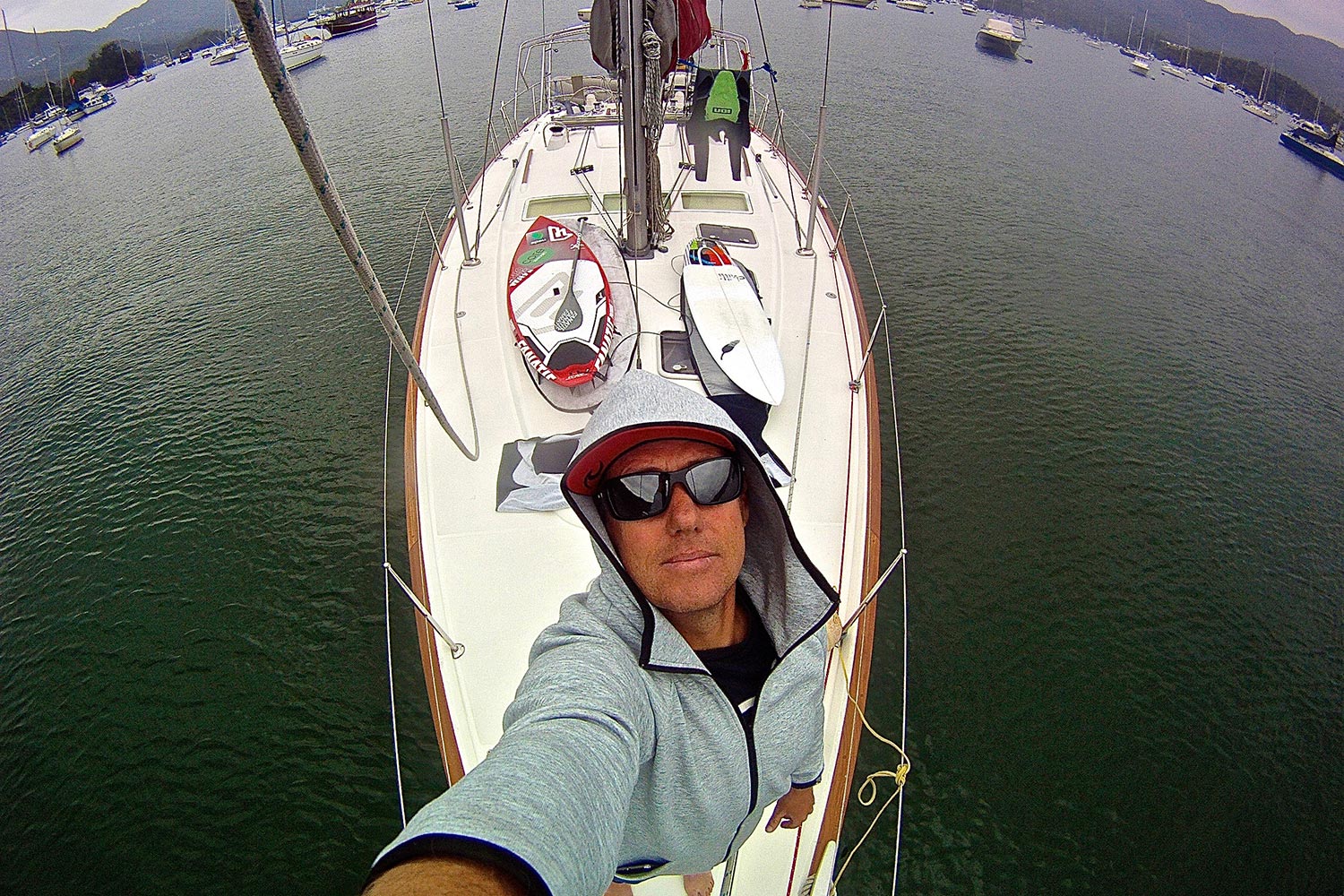
Last month I had the privilege of meeting Nick Moloney. For those who do not know the great names in the world of sailing, like me, here’s a brief resume… Nick has sailed around the world three times, is a 15-time world sailing speed record holder, and has competed in the America’s Cup twice (and much more). He was involved in this year’s Volvo Ocean Race as the official Race Ambassador, he’s a Delma Watch ambassador and a great, really great, guy. We sat down with Nick when the Volvo Ocean Race ended in The Hague, Netherlands, and we talked about sailing, the Volvo Ocean Race, the quest for cleaning the seas and, of course, watches.
Sailing can be fun. But sailing around the world in races like the Volvo Ocean Race is extremely dangerous, brutal and intense. Much more than I had ever imagined. In this edition of the Volvo Ocean Race, sailor John Fisher was swept overboard in the Southern Ocean on March 26th. Every year the sea takes lives, even of some of the most experienced sailors. Without further ado… let’s move on to the interview with Nick Moloney.
First, can you give us a brief overview of your career and sailing highlights?
I guess the brief overview is: 2 X America’s Cup participation (I have coached or consulted to teams in 3 other America’s Cup cycles); 3 X global circumnavigations under sail – The Volvo Ocean Race in 1997-98/The Jules Verne Record (fastest elapsed time around the world under sail non-stop in an unlimited dimension sailing vessel); 15 + World Sailing Speed Records, including the 24-hour monohull distance record. I am the first, and still the only, person to have windsurfed across the notorious Bass Strait body of water dividing the mainland state of Victoria Australia and the island state of Tasmania (Guinness World Record….230km non-stop and unassisted in a time of 22 hours and 11 minutes). I have raced across the Atlantic 20 times winning 7 of those passages including the Solo Sailing Classic ‘The Route Du Rhum’ from France to Guadeloupe. I am the published author of ‘Chasing the Dawn’ (an account of our Jules Verne Record) and the recipient of a career documentary ‘Sea of Dreams’. In 2000 I was awarded the Australian Sports Medal for my achievements in sailing.
In the Volvo Ocean Race you can push beyond the limit
There have been so many incredible highlights in my 30-year devotion to the professional extension of the sport of sailing. Growing up in Australia I dreamt of simply competing in the world’s greatest regattas and have since won over 50 of the top-tiered international events. Victories such as the Sydney – Hobart classic in my home country are certainly special memories; I guess to win the races that inspired me as a teenager are most rewarding.
My career has been all performance-based and I have been competing under the full financial support of large brands for over 30 years yet have never felt as though my career has been work. I have certainly felt the pressure to perform for my sponsors, but the end point for me has always been challenging myself against an opponent or the clock. The speed record challenges are from where my deep affiliation with time has been nurtured. There have been some iconic moments in my life where I have been so heavily and desperately challenged by time, and still today speed records are what inspire and motivate me the most.
What’s your relationship with time?
My affiliation to time and my Delma timepieces in my general day-to-day or sporting focus is forever forefront. Strangely, I find that I need to see time in motion. In a world where phones and other electronic/digital devices are providing time stamps on our lives, I still greatly prefer the accurate visual measure of a ticking second on my wrist.
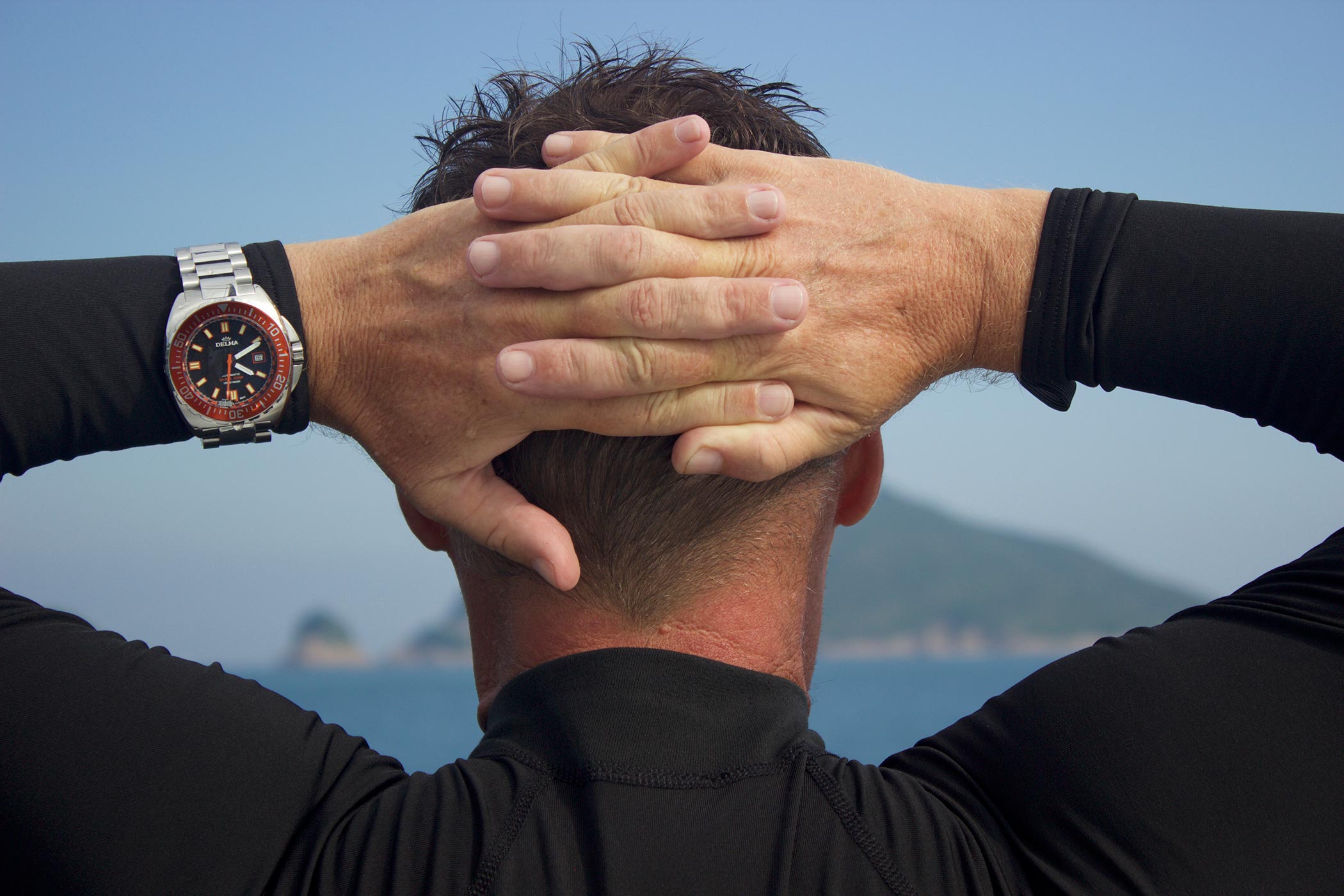
Can you describe your involvement in the Volvo Ocean Race?
My involvement with the 2017-18 Volvo Ocean Race has been as the Race Ambassador. This has been a very humbling and cherished appointment for me. I feel deeply honoured to represent the race in this manner as the first event ambassador in this format. My role primarily has been to support the race by providing all of our existing stakeholders and Volvo Group the direct connection to what is really happening at sea. This generally means a great deal of formal presenting and VIP guest hosting – primarily during the various event stopovers during the 9 months of the actual race. I also have a Hong Kong-based business in Sports Management and finding an athlete that has the ability to host very high profile guests, or to stand behind a lectern in front of hundreds of people and story tell is not easy, so I enjoy assisting the fleet in this manner. I also enjoy nurturing athletes that have great potential in this area helping them build their brand value in this manner.
I also work for the event management in an advisory role. As the race is quite commercial I aim to ensure that the sporting integrity of the race is preserved and that the race is still about the human endeavour and an element of protecting the adventurous spirit that is the historic cornerstone of the race.
What sets the Volvo Ocean Race apart from all other sailing races?
I am one of only a handful of people who have sailed around the world in the 3 major disciplines: 1) The Volvo Ocean Race (crewed format, monohull vessel with pit stops); 2) The Jules Verne non-stop speed record (full crewed, full speed, non-stop, large oceangoing multihull); and 3) The Vendee Globe (Around the World Solo, Non-Stop and Unassisted). For me, the biggest difference is the ability to pit stop. In the other two journeys you are disqualified if you stop, in the VOR you can push beyond the limit. If you break the boat you can stop, repair and keep going. If you break people then you can treat and mend them at your next port of call. It is relentless, brutal and the craziest sailing I have ever experienced in my whole life! For this reason, you need a team of people who are prepared to push without preservation boundaries, which is a very unique mindset/capability when you are literally thousands of miles from land dodging icebergs at high speed in the dark of night.
Can you give some examples of how intense and dangerous life is on board during the race?
The harsh reality of the race and many similar endurance offshore races is that we are exposed to high levels of danger and vulnerability. Sadly loss of life happens in this environment and death was a factor in this last edition of the Volvo Ocean race when John Fisher, crew member onboard the Hong Kong-based entry, SHK Scallywag, was knocked overboard by a heavily loaded piece of equipment and never recovered. This situation was in extreme conditions; strong winds, mountainous seas and very cold water halfway between New Zealand and the most southerly waypoint of South America, Cape Horn. In this environment we are all aware of the risk yet there is something within us that fights against fear and focuses on preservation and performance always knowing that Mother Nature holds the upper hand. Simply to finish any around the world yacht race holds an element of luck, and we are aware of this.
The most intimidating element within these iconic offshore passages or races is the force and impact of the massive slabs of water that either break over the side of the hull or thunder down the deck when you are travelling at high speed. This mass of seawater is literally trying to tear you off the boat and in the deep Southern Ocean or North Atlantic you know that if you are washed overboard then your chance of survival in such cold water is extremely low. I and many others have had numerous close calls in relation to this reference and when John was lost at sea this year I found myself pondering on simply how many close calls or lucky escapes I had experienced in the past.
Because the race takes you to the most remote corners of the globe, you are often 3 days away from any real aid or rescue. For this reason, many sailors undertake elective surgery to remove organs such as the appendix in weighing up risk, protection and vulnerability as a simple burst appendix at the bottom of the world could quite easily be fatal. This is life at the extreme and it also comes with its fair share of broken bones, lacerations, the odd knocked out tooth and an abundance of bruises. It’s the real deal that is for sure.
What is the specific need for a timepiece during the race?
There are very minimal references at sea that apply to life on land. Money has no value or purpose obviously and this is something that we connect with every day in general life. In reference to time, duration at sea or estimated time of arrival into your next port has very little relevance as days merge and roll from one to the next. The critical reference to time at sea is forever present in your balance of performance; the time to the next wind shift, the time between position reports, the time between replenishing battery power in order to sustain running systems etc., there is a great deal of structure and management precision that is required at sea in order to protect your onboard environment.
Weather forecasts are sent to the boat or transmitted via radio at scheduled times so it is imperative that these are not missed. In the crewed offshore format, we run rolling watch systems where a watch unit will manage sailing performance for around 4 hours whilst the alternate watch team will be repairing/maintaining equipment, preparing food and resting. Time is also one of the most specific influences in general nautical navigation.
How do you use your (Delma) timepieces?
For me personally, I am generally in a leadership role at sea so one of the strongest reliances I have on time is certainly the reference and role that time plays in pure performance such as weather forecasting and navigation. But a large part of my responsibility is to manage performance preservation better than our opponents and in this case, a principal focus is on people. It is important to make sure that the onboard routine is well managed, that people are fed and rested but to also understand that the fastest helmsman in your squad may only have an elite performance attention span of 45 minutes for example. I use time to manage the best within myself and those around me and this is a relentless process that without accurate attention can lead to poor sporting results or enhanced risk of life.
You told me a lot about the quest for cleaning the seas. Do you have any projects related to cleaning the seas in the near future?
There are a great deal of initiatives afloat and ashore that are focused on Ocean Health, which is fabulous. I am working on a project that is not only focused on the problems in our oceans or the fight against plastic in our seas but to expose the good, the bad, the ugly and the beautiful both on land and beyond our shores. I have been both fortunate and unfortunate to see some parts of the planet that are severely damaged from the harmful effects of pollution, I have also sailed in bodies of water that are so clear that my boat looks like it is floating in mid-air – incredible contrasts.
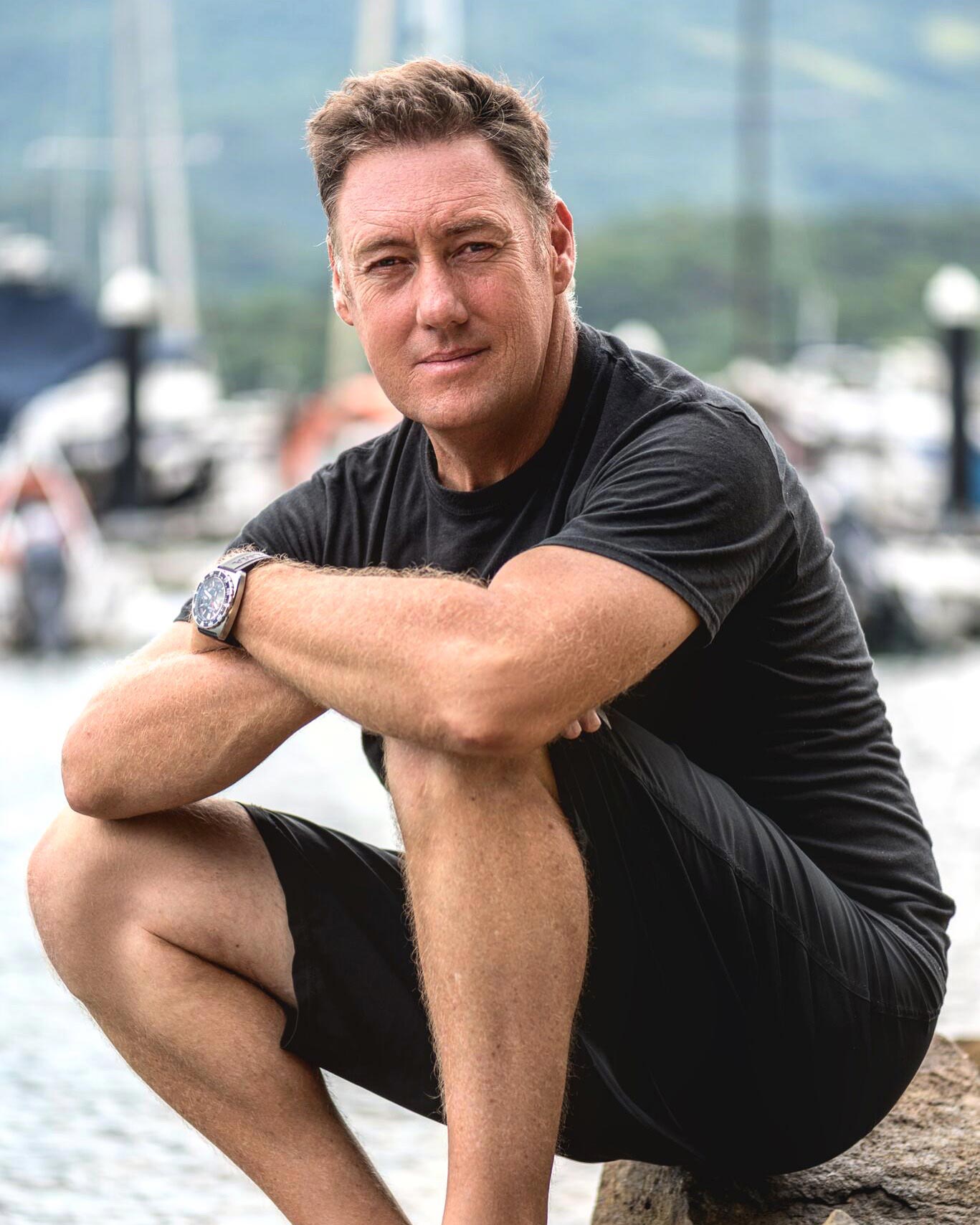 We are looking at sharing some of the reasons behind the ugly and the beautiful yet aim to be primarily solutions/educational/positive change-based and focused. The core essence of my legacy in this field now is old and new horizons. My focus is on exploration and adventure with the odd race and speed record in the mix because I am not ready to let go of that adrenaline fix.
We are looking at sharing some of the reasons behind the ugly and the beautiful yet aim to be primarily solutions/educational/positive change-based and focused. The core essence of my legacy in this field now is old and new horizons. My focus is on exploration and adventure with the odd race and speed record in the mix because I am not ready to let go of that adrenaline fix.
You can follow Nick on his Instagram pages @nickmoloneydelma and @nickmoloneyoceanadventurer to see some amazing photos!! And via his blog here. If only for the beautiful photos, the intriguing stories and finding inspiration.

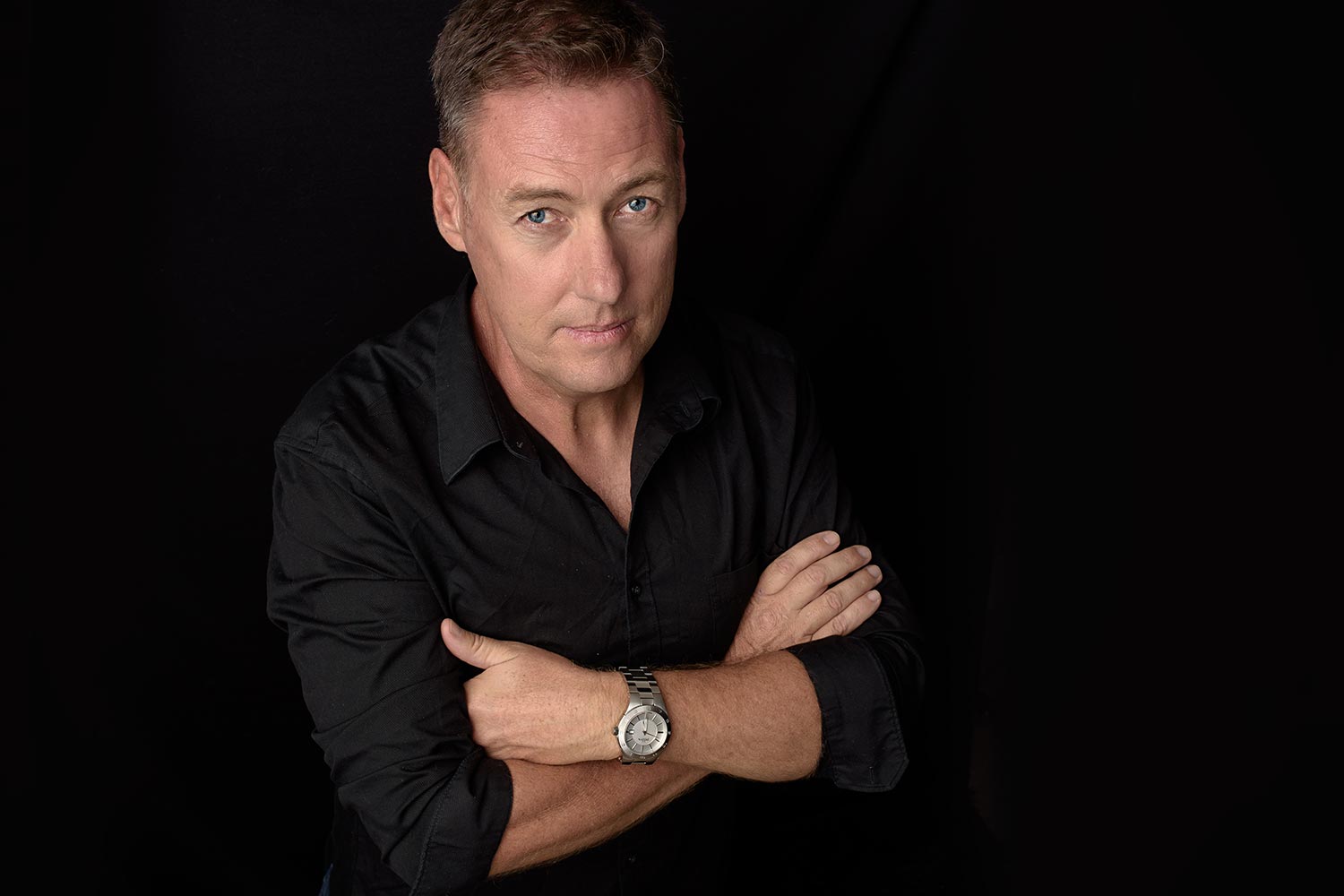
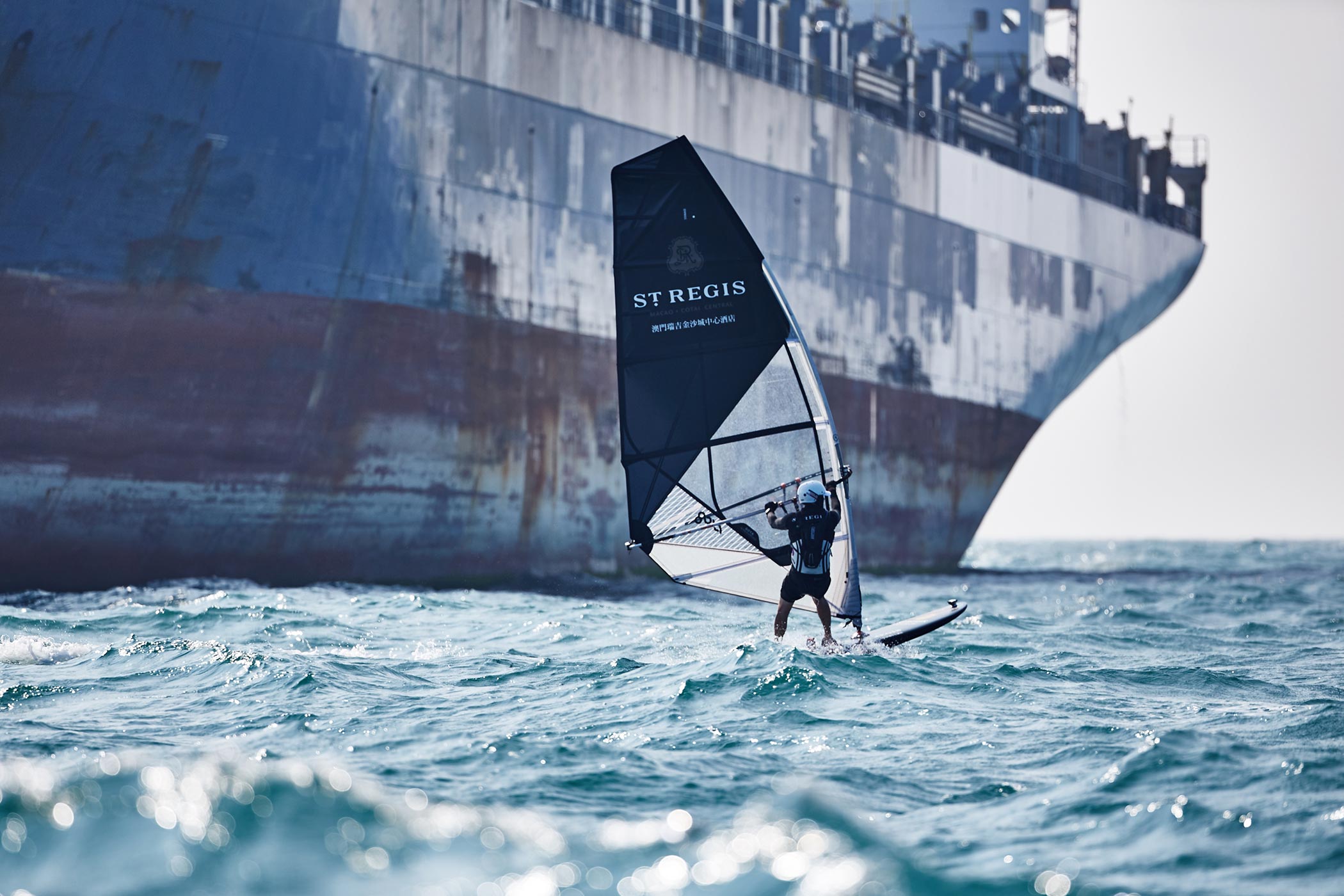

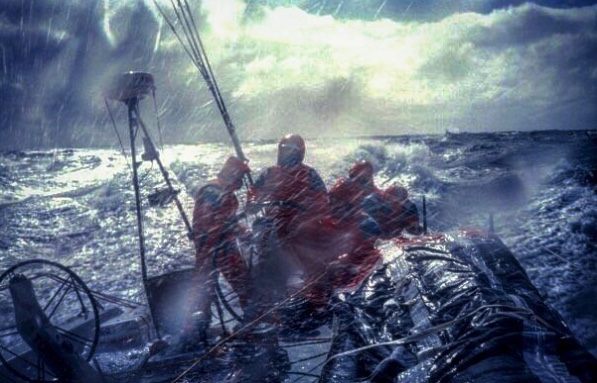
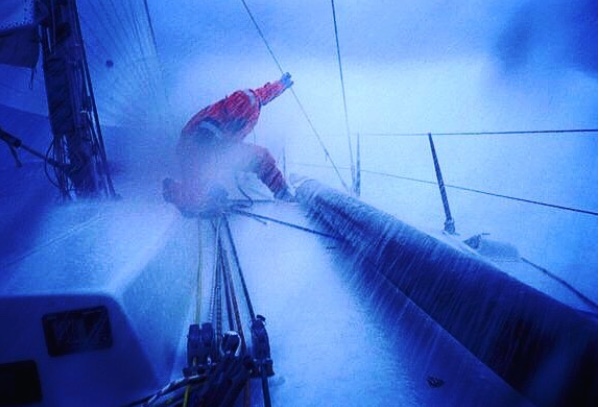
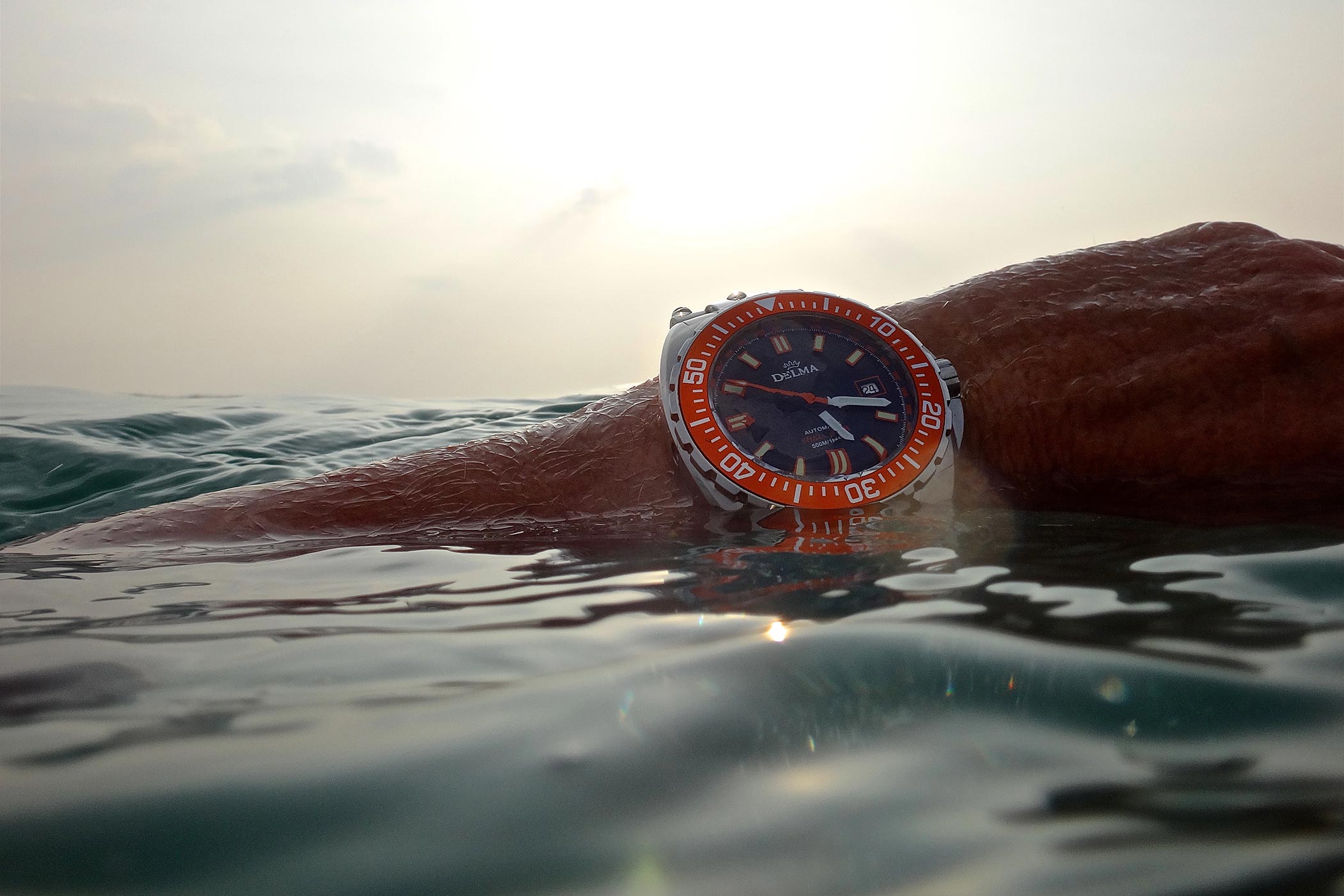
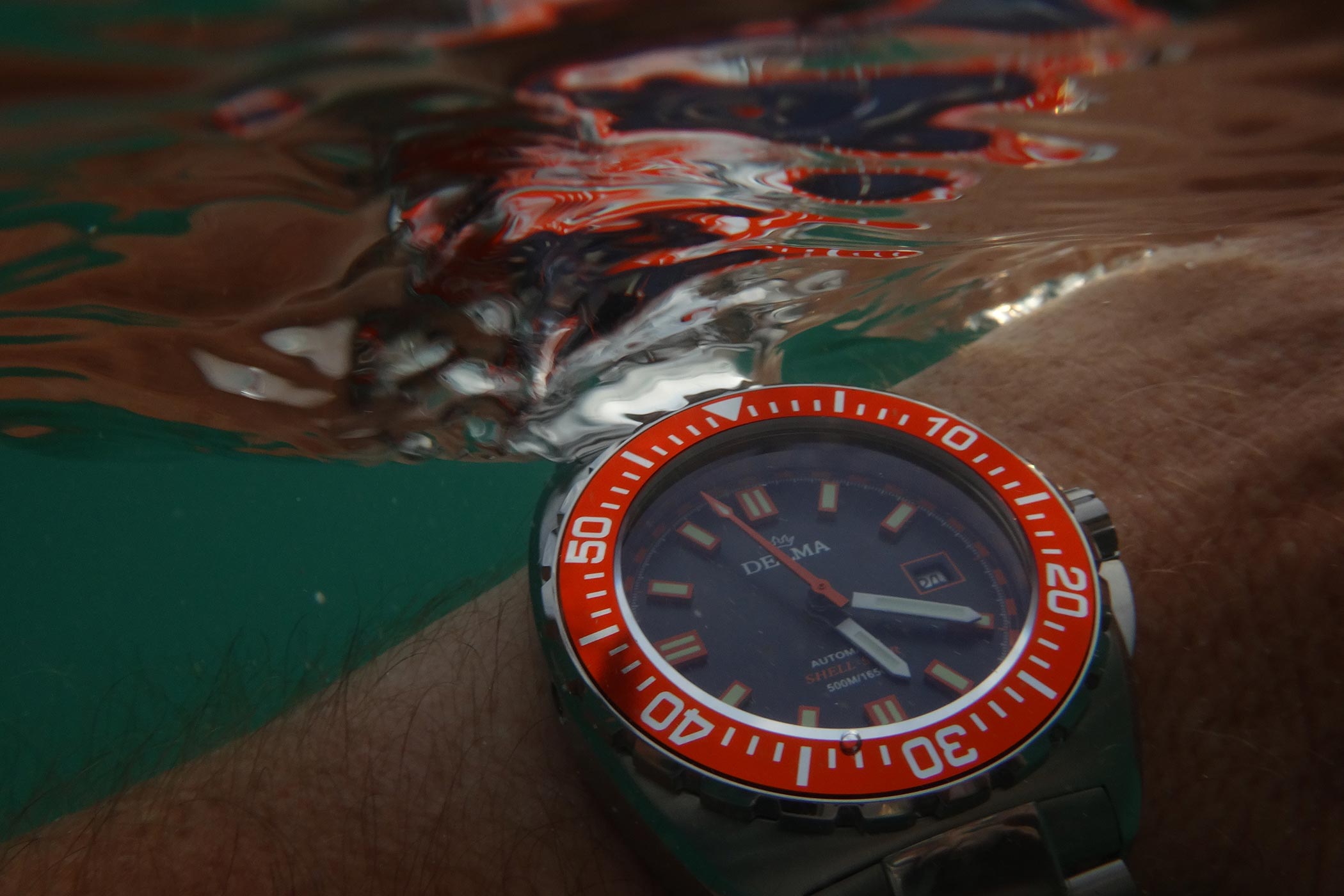
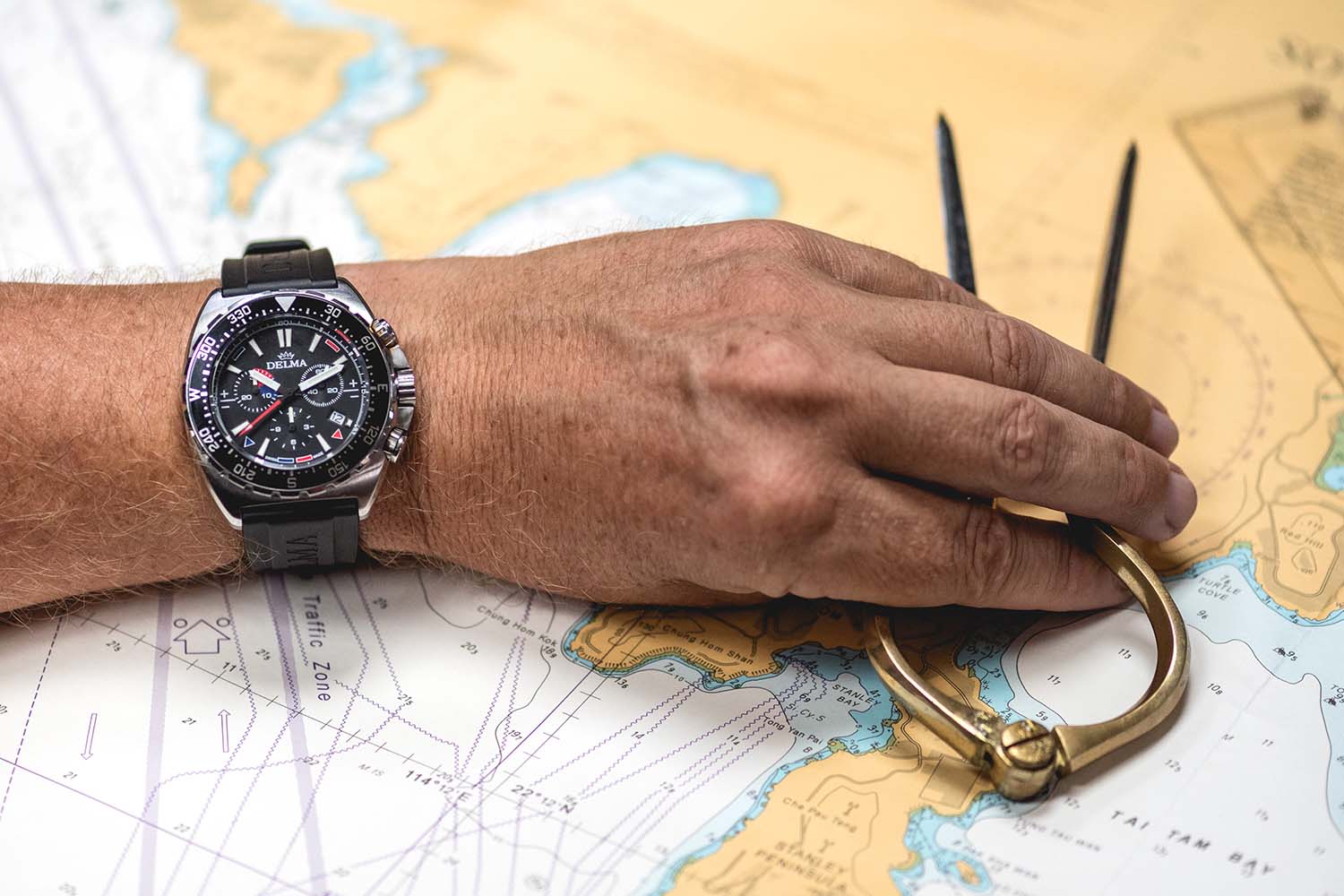
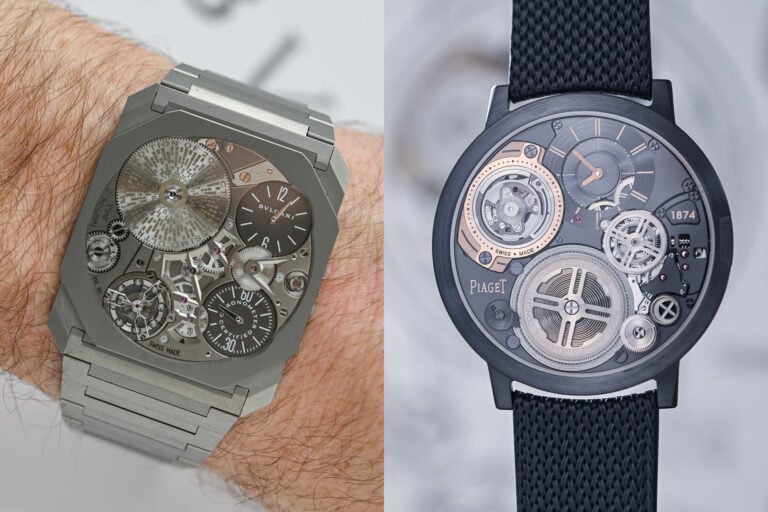
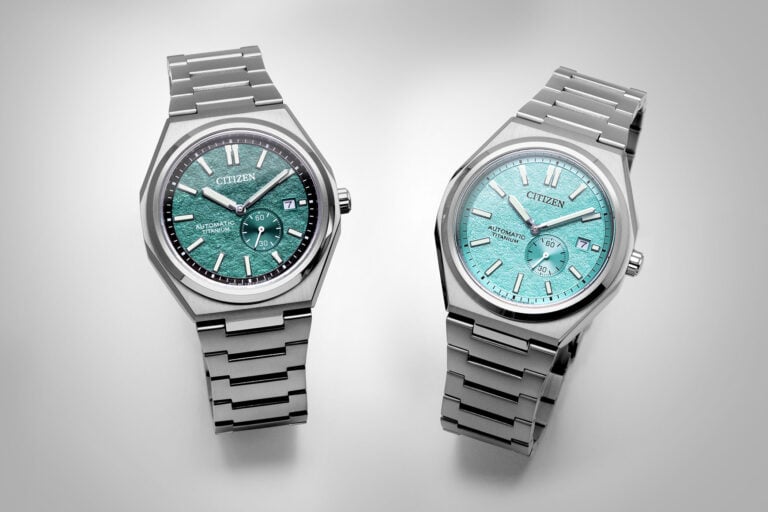
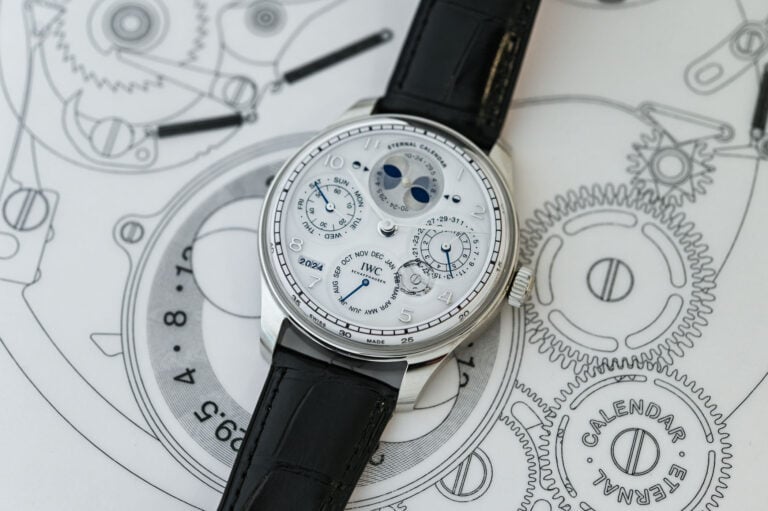
2 responses
Thank you Frank! It was fabulous meeting you! I look forward to next crossing paths. Kind regards Nick
I feel honoured to spend so much time with you, Nick, and certainly looking forward to a next time. Keep me posted when you’re in my neck of the woods!